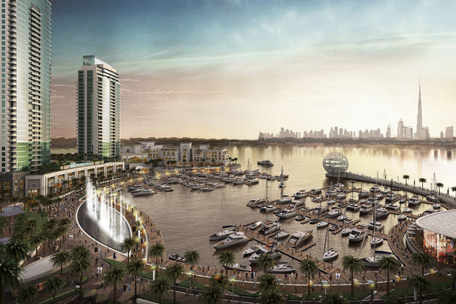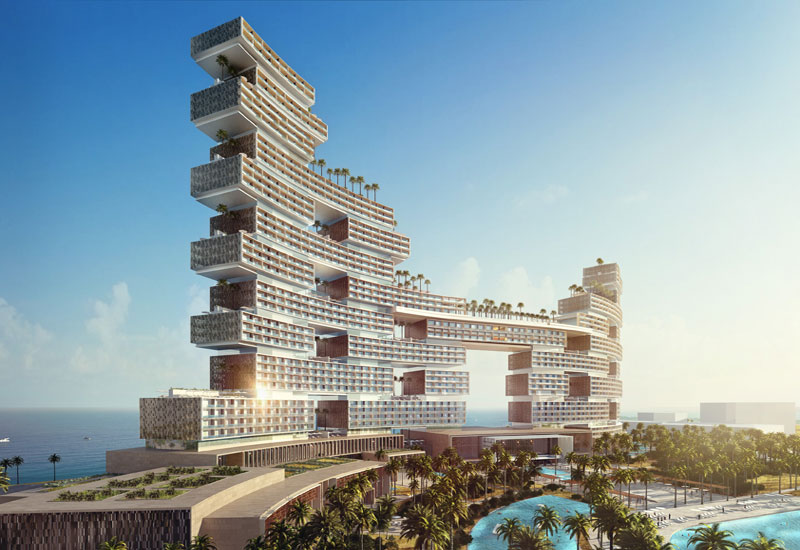Dubai companies have awarded projects worth Dh30.46 billion in the first months of 2016, according to a report by consultancy firm, Deloitte.
In its annual publication: “GCC Powers of Construction 2016: The funding equation”, the consultancy said that the largest award is the Royal Atlantis on the Palm Jumeirah, followed by the first tower at the Dubai Creek Harbour development and the Palm Gateway Towers, a three tower residential complex.

It added that other major building schemes are the Burj 2020 development, a district that will include one of the world’s tallest commercial towers, and the Route 2020 metro link developed by the Roads & Transport Authority (RTA), which will link the existing Red line to the Expo site.
In March 2016, Abdul Mohsen Ibrahim Younes, CEO, RTA's Rail Agency, told Emirates 24|7 that they were planning to award the contract for Route 2020 shortly.
Read: Work on Dubai Metro Route 2020 link soon
In Abu Dhabi, some schemes that could be awarded this year are the second phase of the national railway network by Etihad Rail and the Sheikh Khalifa Medical City budgeted at Dh5.5 billion.
The report states that total awards in 2015 across the Gulf Cooperation Council countries amounted to Dh605 billion, a “good year when you consider historical trends.”

Construction leads
The top sector was construction with over Dh257 billion worth of contracts awarded. Transport was the second largest sector in 2015, primarily as a result of major investments in railways and metros. Power and water sectors tend to be stable over the years reflecting demand driven by population growth.
MEED’s forecast of contract awards for this current year is at Dh514 billion, about a 17 per cent decline compared to 2015, the report said. Saudi Arabia has been the most affected market and the forecast is a Dh36.7 billion fall in contract awards to $40 billion, though it continues to be the largest project market and the biggest spender among the GCC countries.
The forecast of contract awards in the UAE is set to be stable and mainly driven by the robust construction market in Dubai.
There is a substantial amount of projects to deliver in Qatar, such as stadiums, hotels, rail and roads in order to enable the World Cup, and the forecasted value of contract awards stands at $22 billion.
Oman is expected to remain stable with values around $13 billion, and Kuwait – probably the most secure financially among all the states – has a strong amount of planned activity for this year in the construction and transport sectors.